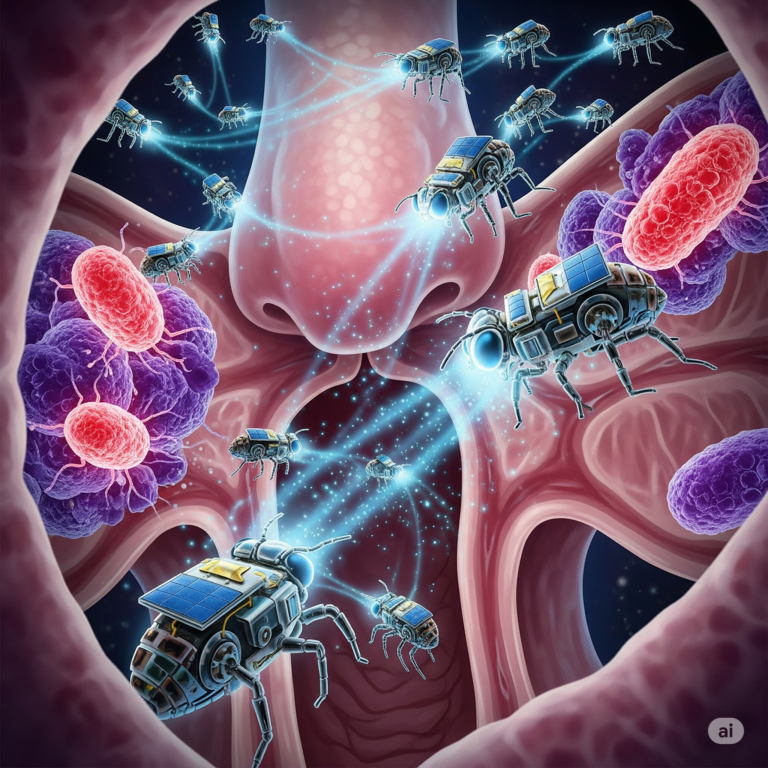Health Care Demystified: What Do You Mean by Health Care and Why It Matters Today
Health care is one of those topics that everyone talks about, but not everyone fully understands. When people ask, “What do you mean by health care?” they may be looking for a simple answer, yet the reality is that it covers a broad spectrum of services, systems, and responsibilities. In this comprehensive guide, we’ll break it all down into easy-to-understand parts—so whether you’re a student, professional, or curious reader, you’ll leave with clarity.
Introduction: The Pulse of Modern Life
Imagine a world where diseases go untreated, accidents lead to permanent damage, and the elderly suffer without support. Sounds terrifying, right? That’s exactly the world we’d face without health care. But what do you mean by health care? It goes far beyond doctors and hospitals. It’s a multi-layered system designed to maintain and improve human life at every stage.
Understanding the Basics: What Do You Mean by Health Care?
At its core, health care refers to the organized services and systems established to prevent, diagnose, treat, and manage illness and injury. But when we ask, “What do you mean by health care?” we’re really asking about:
- The physical institutions (hospitals, clinics)
- The people (doctors, nurses, specialists)
- The systems (insurance, medical records, policies)
- The processes (diagnosis, surgery, rehabilitation)
Put simply, health care is everything society does to help people live longer, healthier lives.
The Scope of Health Care
1. Preventive Care
Preventive care includes regular checkups, vaccinations, screenings, and advice on healthy living. It’s about stopping illness before it starts.
2. Primary Care
This is the first line of care—usually your family doctor. They handle general illnesses, provide routine exams, and refer patients to specialists when needed.
3. Specialized and Emergency Care
Specialized care comes into play when specific expertise is needed, like for heart disease or cancer. Emergency care, meanwhile, deals with immediate life-threatening issues.
4. Mental Health Care
Often overlooked, mental health care is a crucial component. It includes counseling, therapy, psychiatry, and support systems for emotional and psychological well-being.
Health Care Systems Around the World
Countries approach health care differently:
| Country | System Type | Public or Private | Example Institutions |
|---|---|---|---|
| USA | Mixed | Both | Mayo Clinic, Kaiser Permanente |
| UK | National Health | Public | NHS Hospitals |
| Canada | Single-payer | Public | Ontario Health |
| India | Tiered System | Both | AIIMS, Apollo Hospitals |
| Germany | Multi-payer | Mostly Public | Charité – Berlin |
These systems reflect cultural values, economic capacity, and political priorities.
Why Health Care Is More Important Than Ever
With rising chronic diseases like diabetes and heart issues, and global threats such as COVID-19, the world has learned the hard way how vital a functioning health care system is. It’s not just about curing illness anymore—it’s about maintaining well-being and supporting populations through aging, disasters, and social change.
Cost of Health Care: Is It Affordable?
One of the biggest questions people have after asking, “What do you mean by health care?” is how much it costs. Here’s a breakdown of average prices and brands for common essentials in modern health care:
Health Care Essentials: Brands and Prices
| Product/Service | Brand Examples | Price Range (USD) |
|---|---|---|
| Health Insurance | Blue Cross, Aetna | $200–$800/month |
| Telemedicine App | Teladoc, Amwell | $50–$100/visit |
| Blood Pressure Monitor | Omron, iHealth | $40–$100 |
| Fitness Tracker | Fitbit, Garmin | $60–$300 |
| Prescription Medicine | Pfizer, Moderna, Teva | $10–$300+ |
| Surgical Masks (Box) | 3M, Honeywell | $10–$50 |
| Digital Thermometer | Braun, Vicks | $10–$60 |
| Health Supplements | Nature Made, GNC | $20–$80/month |
These prices vary based on location, brand, and whether or not you’re insured.
Challenges in Today’s Health Care
Health care isn’t perfect. Let’s explore some of the biggest challenges:
- Accessibility: Many rural or underserved communities lack hospitals and doctors.
- Affordability: Health care can be a financial burden without insurance.
- Quality Disparities: Not everyone gets the same quality care.
- Mental Health Stigma: People often avoid getting help due to shame or cultural bias.
Digital Health: The Future Is Now
Technology is transforming the way we access health services. From AI diagnostics to virtual consultations, the digital era is redefining what do you mean by health care?
Key Innovations:
- Telemedicine
- Wearable Health Tech
- AI-assisted Diagnosis
- Mobile Health Apps
These tools not only make care more accessible but also allow early detection of potential health threats.
What Role Do You Play in Your Own Health Care?
It’s not just up to doctors—your health is a personal responsibility too. Here’s how you can be proactive:
- Maintain a balanced diet and exercise regularly
- Keep up with routine screenings
- Manage stress and sleep well
- Know your family medical history
- Stay informed about your health rights and coverage
15 Frequently Asked Questions (FAQs)
- What do you mean by health care in simple terms?
Health care is the help you get to stay healthy or recover when you’re sick or injured. - What’s the difference between health care and medical care?
Medical care refers to treatment by professionals; health care includes preventive steps, lifestyle choices, and community programs. - Is health care a human right?
According to the WHO, yes—it’s a basic human right. - What are the main types of health care services?
Preventive, curative, rehabilitative, and palliative. - How is health care funded?
Through taxes, private insurance, or out-of-pocket payments. - Why is health care so expensive?
Factors include technology, administrative costs, and drug prices. - What do you mean by health care access?
The ease with which individuals can get medical services when needed. - What’s the role of health insurance?
It helps cover medical expenses, reducing the burden on individuals. - What do you mean by health care coverage?
It refers to the types of services your insurance or government program pays for. - Can I get health care without insurance?
Yes, but it may be costly unless subsidized by a government or nonprofit. - What do you mean by health care system efficiency?
It’s how well a country provides health care with minimal waste and maximum results. - How does technology help in health care?
It improves diagnostics, treatment, monitoring, and communication. - Is mental health part of health care?
Absolutely, mental health is essential to overall well-being. - What are universal health care systems?
Systems where all residents have access to necessary health services. - What do you mean by health care in public policy?
It’s the laws and regulations governments create to manage health systems and protect public health.
Conclusion: So, What Do You Mean by Health Care?
By now, we’ve answered the question “What do you mean by health care?” in several ways. It’s a lifeline, a safeguard, a right, and a responsibility. Whether through prevention, treatment, or support, health care helps us live better, longer lives.
So next time someone asks you, “What do you mean by health care?” you’ll have more than just a simple definition—you’ll understand the full picture.













+ There are no comments
Add yours